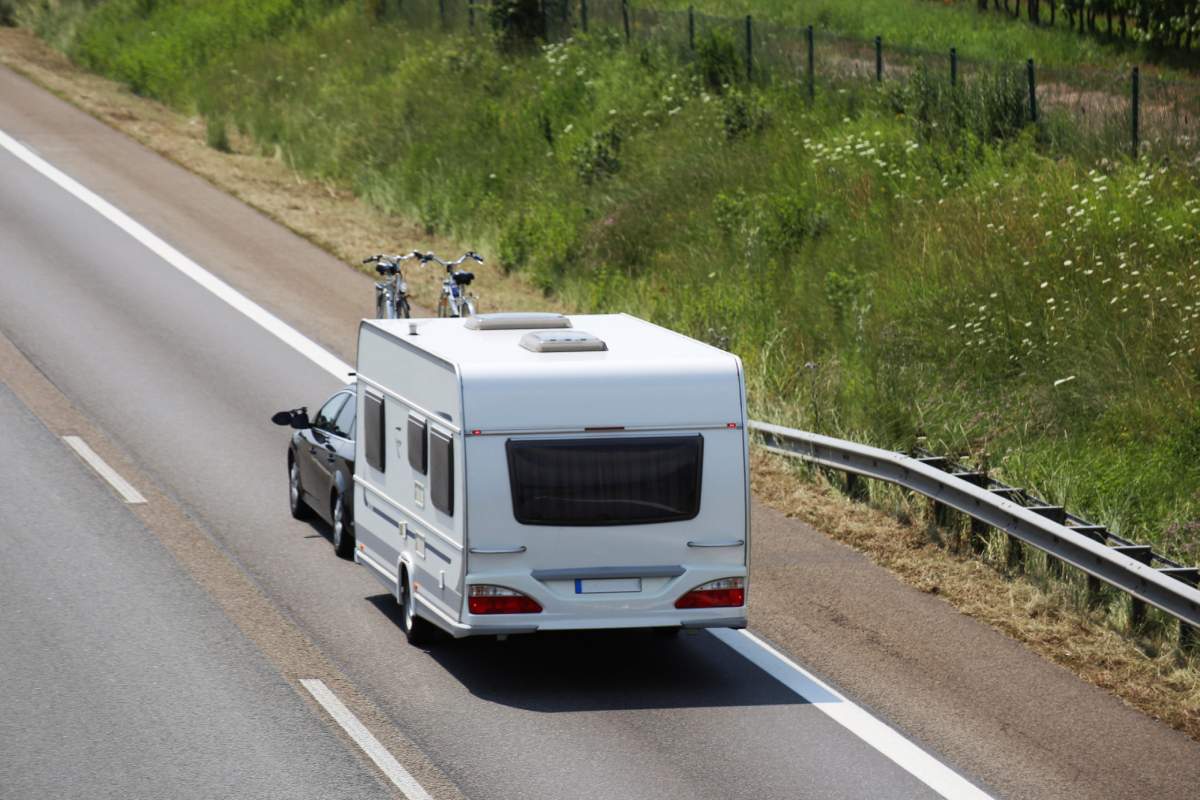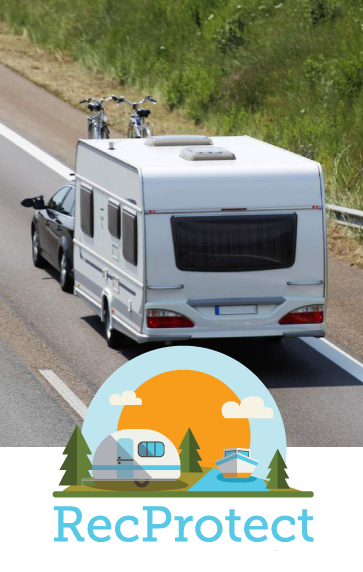Recreational vehicle towing in Canada can get confusing because it isn’t consistent throughout the country. What might be legal in one province may be illegal in another – it all depends on the regulations. If you are wondering if you can tow two trailers in British Columbia, it might be time for you to familiarize yourself with the towing and recreational vehicle regulations in your province.
Regulations for towing more than one trailer in BC:
Currently, the CVSE (Commercial Vehicle Safety and Enforcement) – British Columbia’s provincial law enforcement agency – only permits commercial drivers with a specific endorsement to tow more than one trailer behind a vehicle or camper. There are exceptions – a car dolly with a car is typically regarded as a single trailer. In other provinces, the same rules apply. However, in Saskatchewan, Nova Scotia, Manitoba, and Alberta, you can tow two trailers so long as the leading trailer is a fifth wheel.
If you’re looking to travel into British Columbia and you’re towing more than one trailer, you may need to alter your plans slightly. You will need to investigate a self-propelled option or an additional vehicle.
Towing regulations in British Columbia
If you’re towing a trailer, boat, or other vessel in British Columbia, it’s important that you familiarize yourself with the regulations surrounding towing, weight capacities, loading, and more.
The most important thing to note when you are towing a trailer is your vehicle’s towing capability. This will be listed in your owner’s manual. If you decide to tow something that is too heavy, you create a safety risk for yourself and others on the road. British Columbia’s “Motor Vehicle Act Regulations” prohibit the operation of any vehicle that is improperly loaded or unsafe to operate.
Other regulations to note include:
- Brake requirements
- Maximum length and widths
- Tow requirements
Brake requirements
Drivers who are towing trailers should familiarize themselves with the following brake requirements:
- In British Columbia, towing dollies and trailers must have brakes on every wheel if their carrying load exceeds 1,400kg. Trailers with brakes must also be equipped with breakaway devices that are hooked up to their trailer brake systems.
- If vehicles are towing trailers carrying 2,800kg or more, brakes must be accessible by the driver of the vehicle that is doing the towing.
- Sump brakes may also be used when a vehicle is being towed that has a total weight of up to (and including) 2,800kg.
Maximum lengths and widths requirements
The following lengths and widths are the maximum measurements permitted in British Columbia:
- The maximum length for a motorized RV is 14m.
- The maximum length for towed recreational vehicles is 12.5m.
- Overall, the maximum length for a combination vehicle is 20m.
- The maximum width for an RV is 2.6m.
- Mirrors are only permitted to exceed the width of the vehicle by 20cm on each side.
If you are uncertain about any of these requirements or have questions relating to matters about recreational vehicles and trailers in British Columbia, visit this link.
Trailer Insurance Requirements in BC
In British Columbia, non-motorized trailers or trailers do not have to be insured, but it is highly recommended you purchase protection nonetheless. This ensures that you have coverage for losses such as damages due to water, vandalism, storms, fire, theft, unexpected breakdowns, and liability protection if someone is injured, or their property is damaged due to the operation of your trailer and/or a third-party is injured/suffers damages to their property while in or around your recreational vehicle.
Motorized vehicles are required to be insured in British Columbia. Any vehicle that is self-propelled must carry a minimum third-party liability coverage. It is also highly recommended that motorized RVs also carry collision and comprehensive coverage, for physical damages that might be caused due to an accident, collision, or other reason – such as a storm, falling object, hail, fire, or even theft and vandalism.
For more information regarding trailer insurance requirements in British Columbia, discuss with RecProtect’s BC trailer insurance brokers today.

